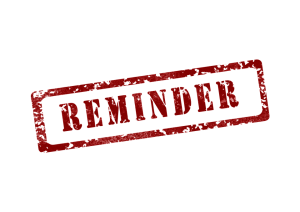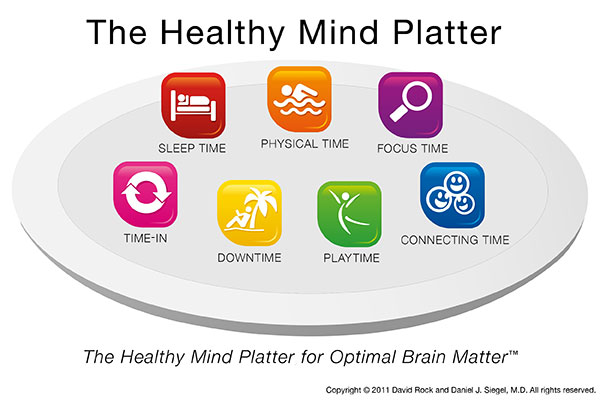
A great dialogue can unfold when you seek to truly understand your partner. If you go into conversation with an open mind, ask meaningful questions and listen deeply, you can come away with powerful insights about the topic (and the speaker). With this framing in mind, I offer that the most meaningful journaling is really conducted as a dialogue. With yourself.
Previously, I mentioned the importance of making journaling a routine. But what exactly are you putting on the page?
Just as there’s no singular way to engage in conversation, there are just as many possibilities for journaling.
Positives
In her 2016 Harvard Business Review article, Want to Be an Outstanding Leader? Keep a Journal, Nancy Adler suggests leading your reflection time with some positive takeaways:
- What was I thankful for today?
- What did I do well today?
- What did I learn today?
Responding to questions like these helps put your brain in a positive state of mind. The brain is easily threatened. Threat dampens your creativity, decreases your understanding of options, and leads to reactive, rather than proactive thinking. When you reduce threat and increase positivity, you increase your field of possibilities, engagement and motivation. In short, you raise your confidence and productivity.
Self Awareness
- What made me laugh today?
- What upset me today?
- Did I feel successful today?
- Did I disappoint myself today?
- What inspired me today?
Self-awareness questions give you the chance to be a truth teller. You can acknowledge the good, the bad and the ugly, and your true thoughts and feelings about it all. You can improve your emotional intelligence by assessing your responses to various circumstances. You’re not judging yourself, you’re simply learning more about yourself. Gaining self-awareness helps you to become more intentional over time.
My Leadership
- How am I leading?
- What do others think of my leadership?
- Am I reflecting my personal values?
- Am I supporting my organization’s values?
- Were my people better off today because of me?
Questions like these allow you to assess your impact and how it can be improved. Again, this is not the time to beat yourself up. Based on your observations, interactions, gut feelings and so on, what did you notice or learn about your leadership today?
My People/My Team
- Who needs my attention?
- What might my team be feeling?
- What techniques/support/resources worked best?
- What techniques/support/resources didn’t work?
- Who has been consistently dependable / non-dependable?
Answers to these will shed light on how to manage talent better.
My Goals
- Did I get closer or farther from my goals today?
- What can I do differently?
- What did I prioritize today?
- What were the results?
- Are my goals still appropriate?
- What is the purpose of my work?
- What fulfills me?
In particular, when I felt my time did not reflect my priorities or values, I reflected on questions like this quite a bit. It helped me to be more proactive with prioritizing and scheduling. It also led me to do some exploration of my values to find out how I could express them more at work.
My Day
My current favorite is the quick run down. I do a check on the day and set an intention for tomorrow:
- What were my goals for today?
- What went well?
- What didn’t go well?
- What will I do differently tomorrow?
The categories and questions here are just a guide. I recommend you try journaling a few days and then decide what kinds of questions are most meaningful for you.
If you’re stuck and feel unsure how to begin, you can simply ask yourself one question: What happened today? As you answer, really listen. Pay attention to yourself. Just as in a dialogue, you’ll naturally pose relevant follow-up questions. After a few days you’ll have a good idea of the questions that will make journaling most meaningful for you.
The most important thing is to start.







